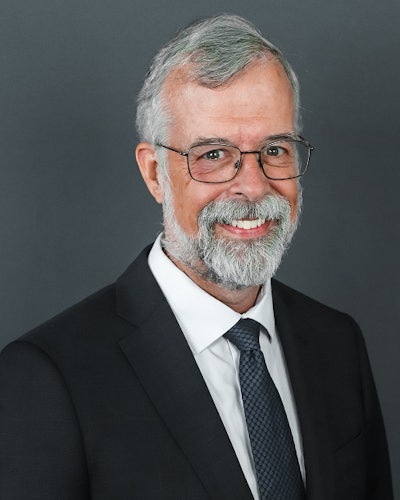
SAN DIEGO — Visitors attending the Specialty Tools and Fasteners Distributors Association convention earlier this week received decidedly mixed reports from the group’s economic advisor.
Alan Beaulieu told the trade show that North America’s industrial production is strong and would remain so in the coming years, and that the U.S. was poised to remain the world’s leading economic powerhouse for decades to come.
But Beaulieu, an economist and president of ITR Economics, also said that serious, worldwide economic turmoil continued to loom in the next decade.
ITR, a New Hampshire-based economic intelligence firm, has long maintained in its projections that another “Great Depression” was likely between 2030 and 2040, and Beaulieu suggested that the decline appeared more likely to happen sooner in that window than later.
Beaulieu stressed that the downturn would be a worldwide phenomenon due to several factors — chief among them, an aging population that would push healthcare and other costs higher and higher. He also noted that continued spending by central governments would stress budgets across the globe due to rising interest payments.
 Alan BeaulieuITR Economics
Alan BeaulieuITR Economics
Companies’ value propositions, he said, would differentiate them in the market at a time when the only growth could come at the expense of rivals going under, and they would also help in the current inflationary period — although Beaulieu was much more optimistic about the next several years.
Prices, on the whole, appear to be easing just as a drop in orders is helping to alleviate pressures on supply chains.
“We have begun disinflation,” Beaulieu told the convention.
The trend might not last, he suggested, if the Federal Reserve continues its pattern of raising interest rates, which could spark a recession either late next year or the following year — and bring inflation back with it.
“Three percent interest rates aren’t coming back in this decade,” he conceded.
Although the U.S.’s population isn’t “aging out” as quickly as other major global economies, labor issues are set to persist due to both demographic and immigration trends; essentially, the population isn’t growing enough to meet the number of jobs the economy is creating.
“You’re going to be paying more and more and more” for people, Beaulieu said, but he also stressed that companies should invest aggressively to root out inefficiencies in their operations — beyond just automation.
Stop doing things, he told STAFDA attendees, that are “just wasting people’s time.”






















